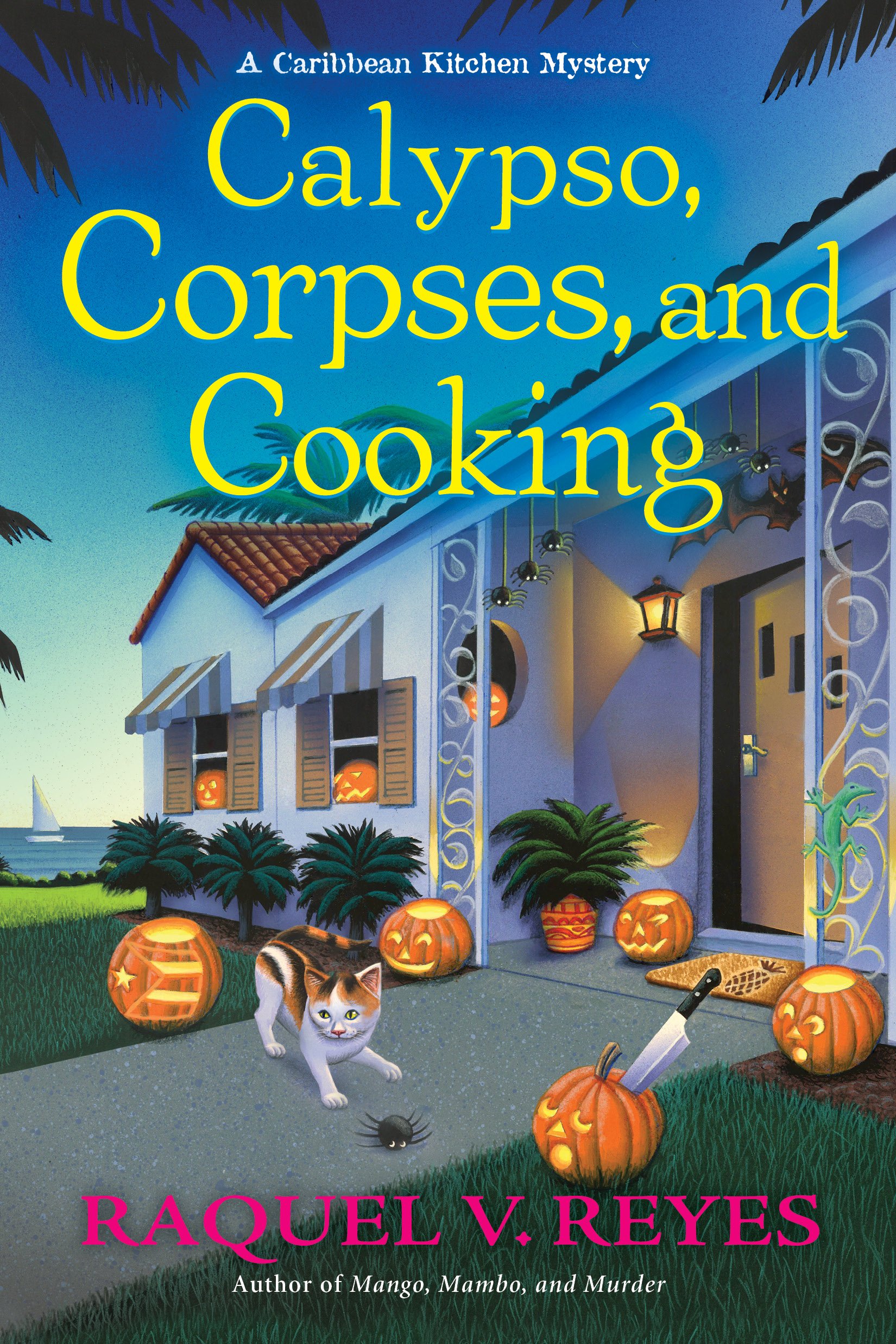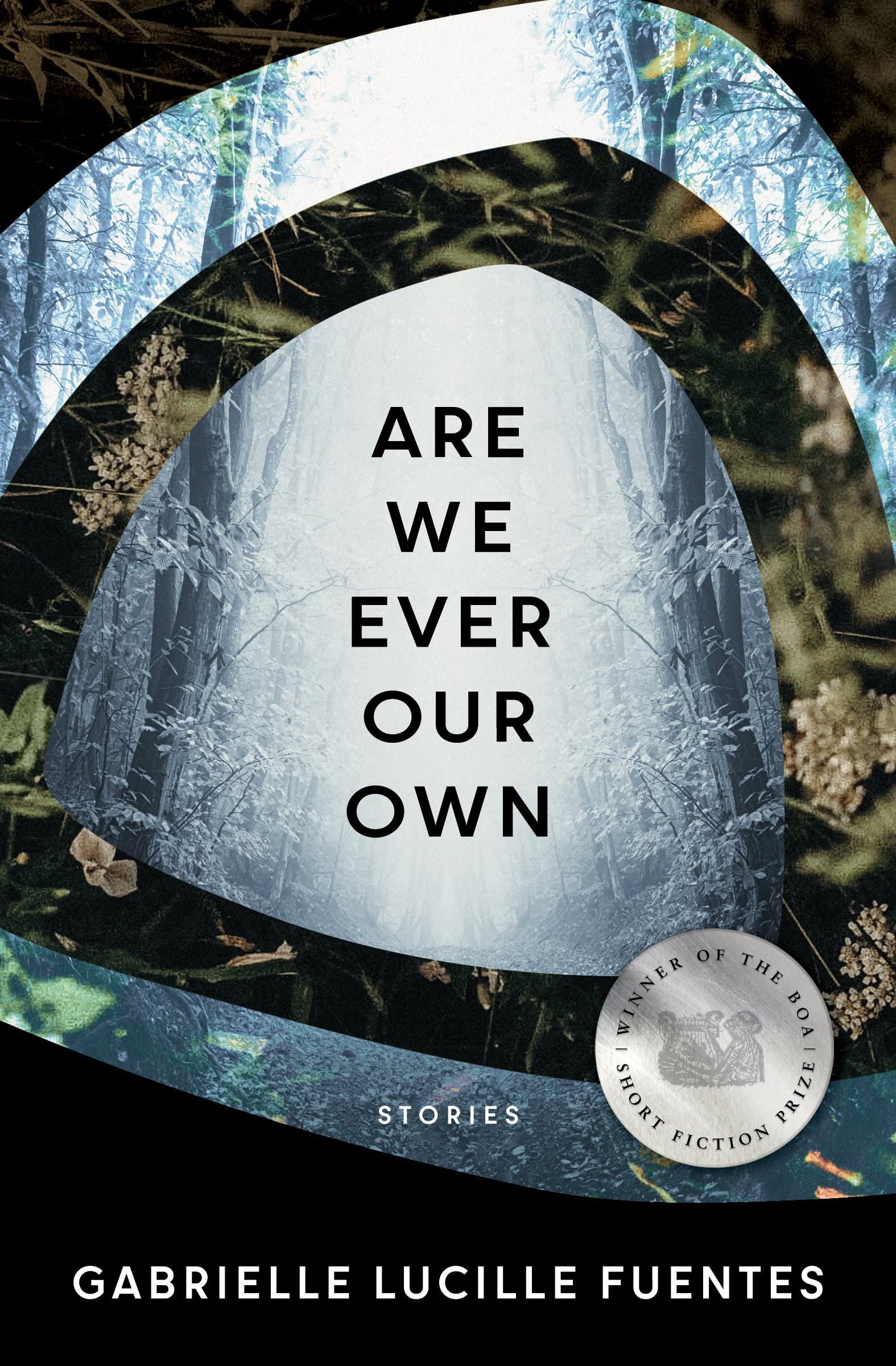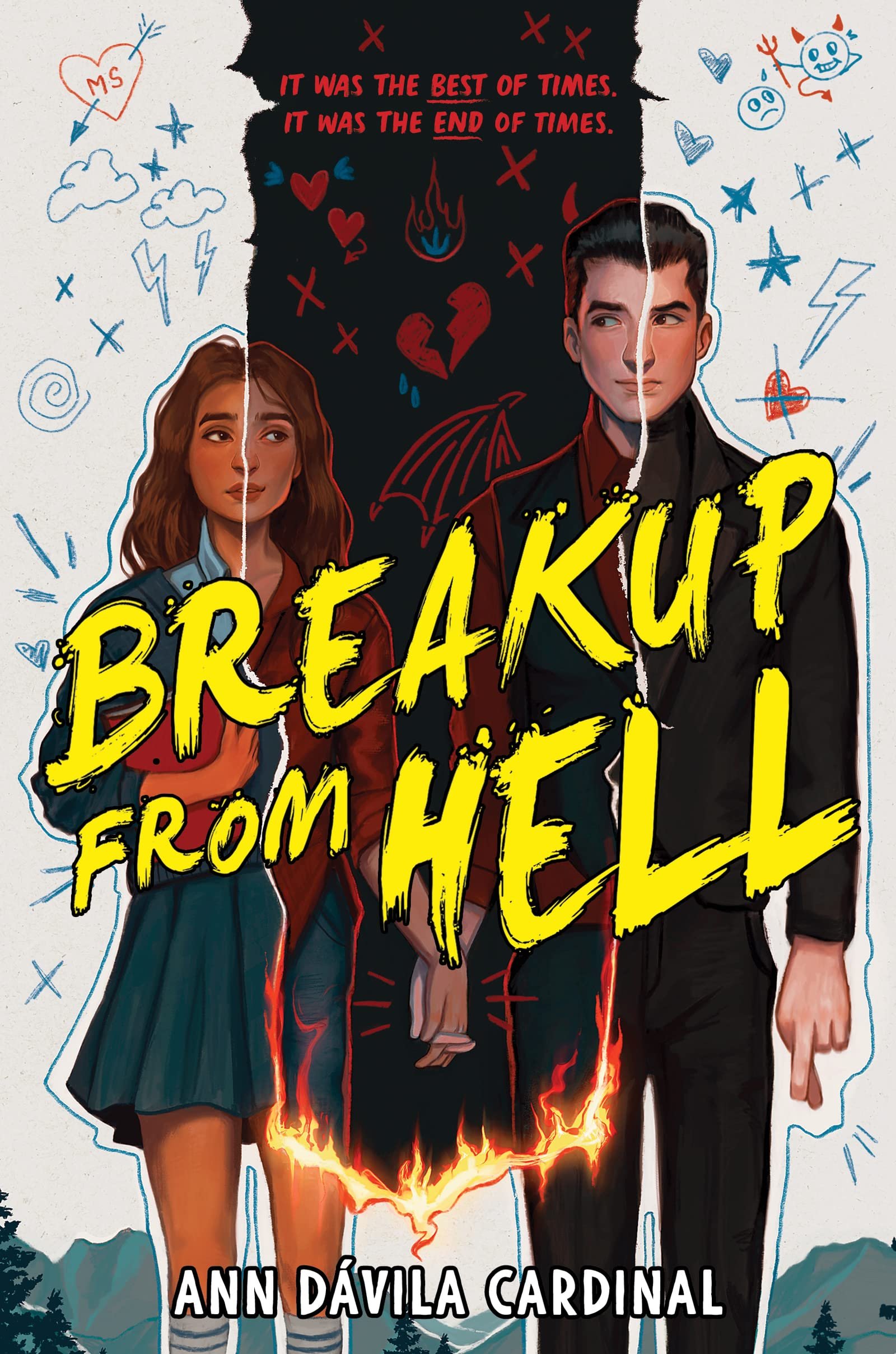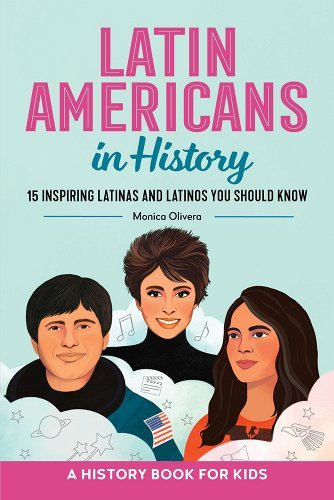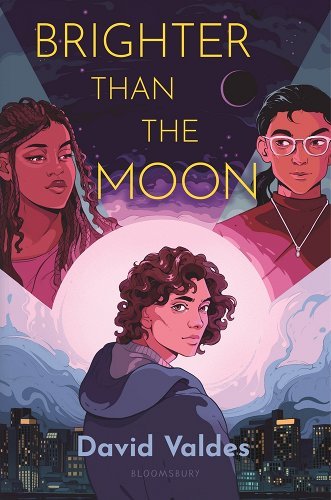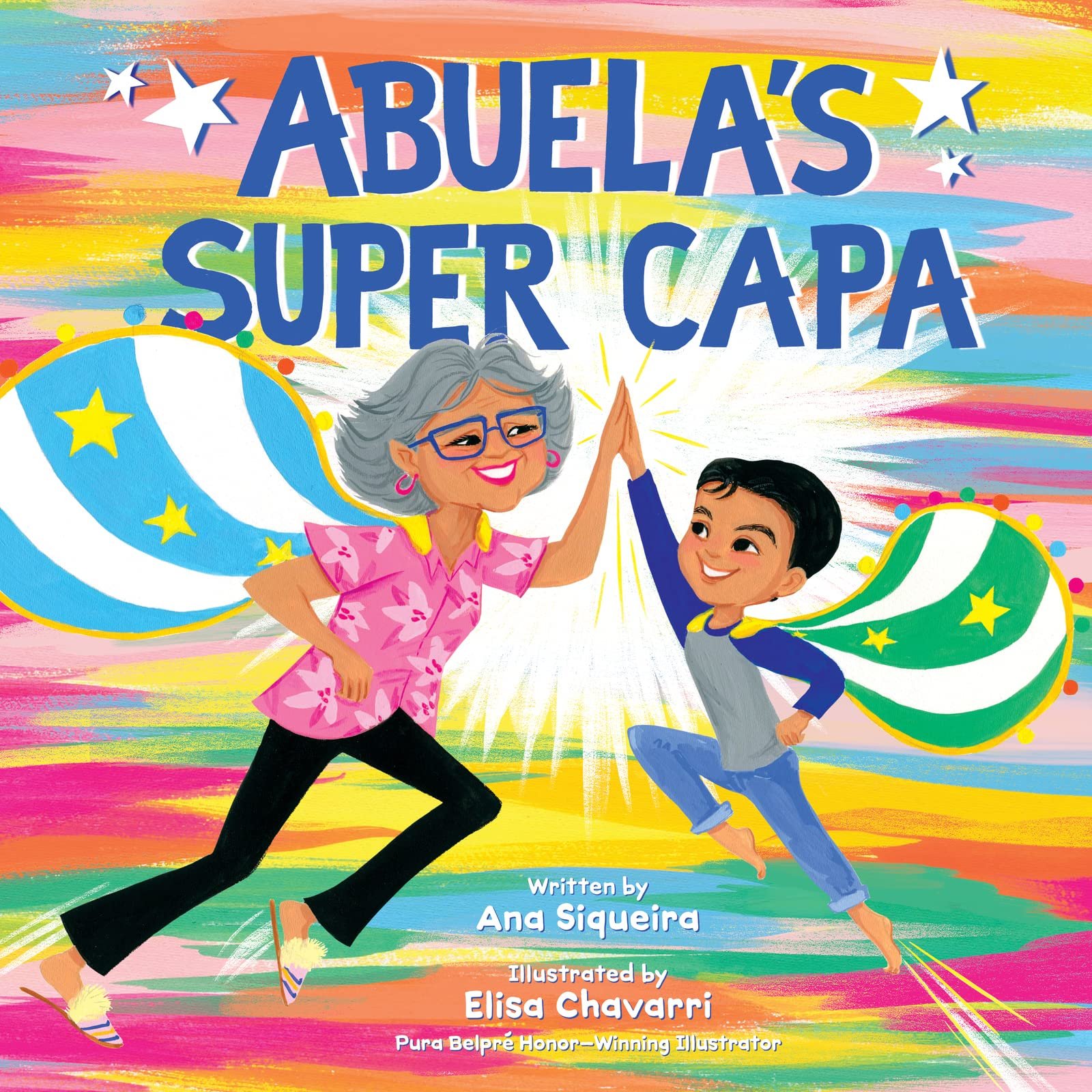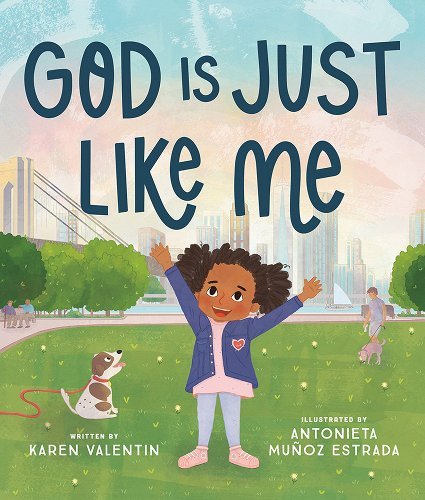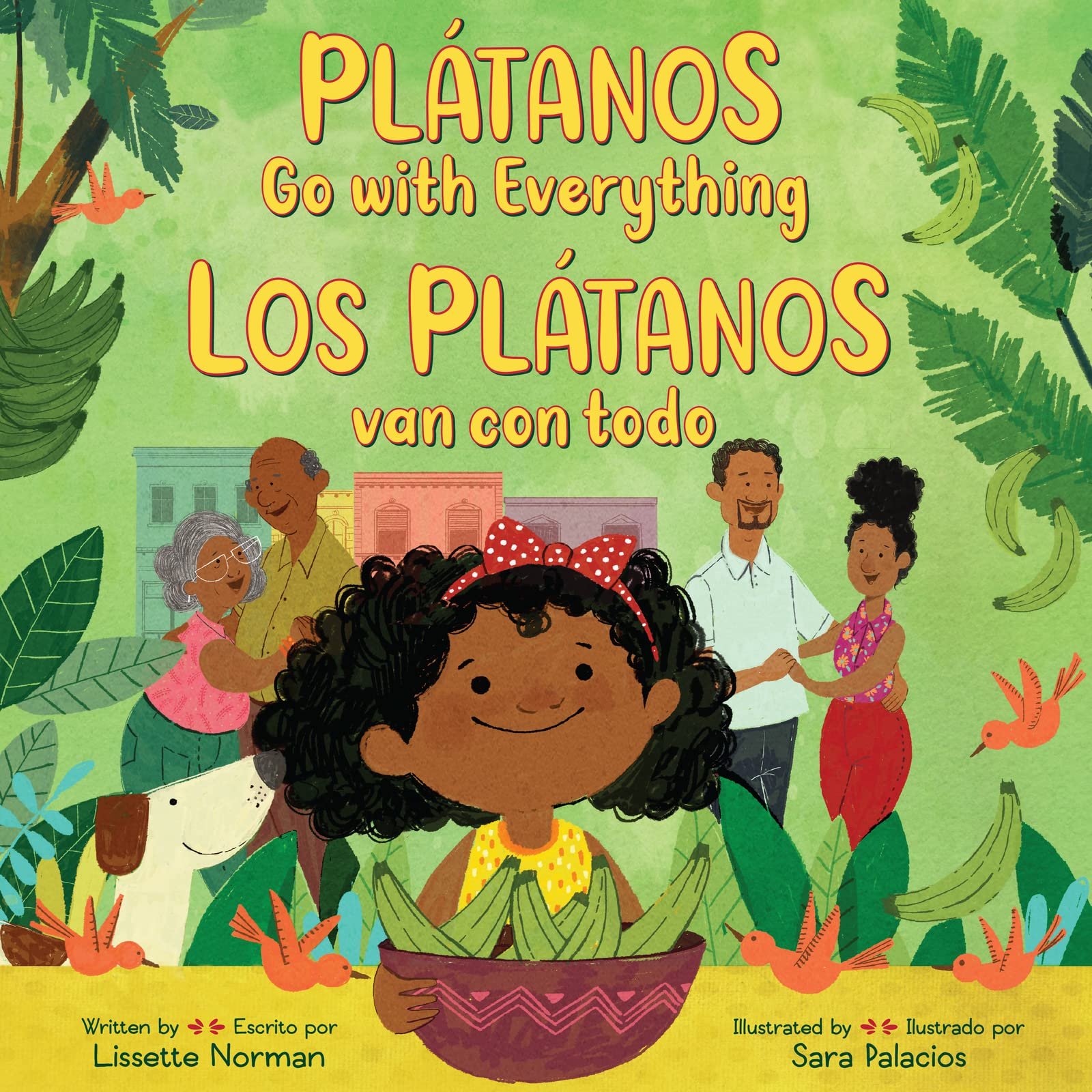THE BALLAD OF TAM LIN
Before the oyster folk took him from me, my father gave me his fiddle and told me the story it carried. On the island, he said, there were two sisters. I didn’t know if he meant his island—cane and tobacco fields wracked by war—or Mam’s—sea cliffs and highland meadows emptied by famine—or one of the many islands where he’d lived. The crowded island city where he met Mam. Or maybe an island he’d never even been to. My father held his fiddle up so that it seemed to hover in the air between us. Two sisters, he said, one dark-haired and the other one fair and they both fell in love with the miller’s son.
I rolled my eyes. I hated stories about fair-haired sisters and miller’s sons. My father cuffed my ear to make me listen. You’ll like how this one goes, he told me. Both sisters loved the miller’s son, but he had eyes for the fairer one. I scoffed again, but he just smiled. The smile that always made our audience—no matter what town we were in, how small, how ragged, how hungry they were for food other than flour and lard cakes—lean in and listen. The smile that told them he didn’t care how side-eyed the townsfolk had first looked at him, at Mam and him together, at Mrs. Zhao leading her wagon, her daughter June behind her. The smile that said, if they just listened, if they just waited, he’d give them some-thing as fine as stacks of cash-not-company-scrip, as the right amount of rain, as an answer to these hard times that wouldn’t end. I waited for him, just like his smile told me to, just like every audience always did.
My father said the miller’s son only wanted the fairer sister, so the dark-haired one went for a walk with her sister to the furthest point of their island. They passed palm groves and sea grape, walked until they were at the cliff’s very edge. Then the dark-haired sister pushed the fair one over the cliff and down into the waves.
My father paused and raised his eyebrows, as if daring me to stop him, knowing I wouldn’t now. Stories about
miller’s sons and fair sisters never went this way. The fair sister almost always died—on a riverbed or beneath a willow, run through by a saber, dropped by poison wine, or mad in an asylum like Cecilia Valdés—but never by her own sister’s will. My father said the waves swept the fair sister out to sea. Fight as she did, clawing at water, kicking at waves, she sunk beneath the surface. The sea tugged her and carried her and stole her final breath. The sea pulled her deep. Sharks fed on her ribs, shrimp clung to her fingernails, until she was just a body, not a sister anymore and no longer fair.
Finally, the waves spit her back up. A wandering musician found her washed ashore and he didn’t run away or call the priest or the mayor. The wanderer knelt down beside the mound of bones and hair.
My father asked me what I thought the wanderer did and I shook my head. I didn’t know.
The wanderer picked up her finger bones, my father said, and he cut off her long, fair hair. He plucked her sternum from between her ribs and, because he was in need of it, he made a fiddle out of her. Her finger bones became the fiddle pegs, her hair the long bow strings, her white sternum the fiddle bridge.
Then my father handed me his fiddle, which he’d never before let me touch. We’d just crossed the border from Oregon to Washington, and were camped outside a logging town. The mud streets were empty, everyone deep in the woods sawing down cedar and sitka, the ground too wet for our wagons to move through and the rain too hard for even us to play a show in. I crouched on my bunk, tucked in a corner of our wagon. The rain beat down on the canvas tent above us, but it was warm inside. We’d start off again as soon as it was dry, searching for a town with people in it, though what kind of people and what they might ask of us, we never knew.
The pegs of my father’s fiddle were deeply concaved, paper-thin in the middle and a pale yellow like old teeth, with hair-strand-wide dark cracks running over them. The bridge was the same color as the pegs, almost translucent in its delicacy. Since I could remember, I’d wanted to hold his fiddle: to trace the flor de mariposa and banana flowers carved across the back, to touch the wood stained almost black around the f-holes and deep red on the edges where it was constantly touched.
No matter what role he took in our show, my father always played his fiddle. He’d play a fast song at the beginning to rile up the crowd and a sad song at the end because everyone wants a lonesome ending. It brings the audience back again, hopeful they didn’t remember right, that we’ll give them the right ending the next time around. Though my father could play any instrument you could name, the fiddle was his favorite. But when he handed it to me in our muggy wagon—the horses chewing oats out of their feed box, Mam curled around him in their bunk, braiding the fringes on his jacket sleeve—I didn’t question that I should get it. I had wanted it, had wanted the sound it made, the catch and pluck, its power to mold a crowd, to decide how
well we would eat, how long we would stay by this mill or that farmstead. I had wanted the fiddle for what felt like an unimaginably long time. Back then, in our tent, steam rising off the horses and mixing with Mam’s wordless hum, I would have used the word forever.
I didn’t know how young I was. Didn’t doubt what was owed me. Now, I wonder if my father gave me his fiddle because he knew something I didn’t. If he had an idea of what would happen when we reached the oyster town we were headed towards. If he could scent some particular danger in the combination of mud, sea, and sawed cedar, and he gave me what mattered most to him. Offered me his fiddle for safe-keeping, heedless of my clumsy, too-small hands.
My father asked me what I thought the fiddle in the story sounded like. I was still holding his fiddle up in the air as he had handed it to me, not yet believing I could pull it close. When the wanderer first played the fiddle he’d made of the sister’s bones and hair? What was the song? I couldn’t speak, I shook my head again. Finally, I eased the fiddle down into my lap and traced its carvings: the flor de mariposa petals, the spider—intricate as a thousand I’d seen—perched on the flower’s stem.
The fiddle sounded like the wind, my father said. The wind off the sea that carried the sister away, like the water dragging her under and spitting her back a heap of scraps, like the fishes that eat drowned girls. The fiddle sounded like the dark-haired one pushing her only sister off a cliff and the sound the dark-haired one made when she did what she thought she’d wanted and the sea carried her sister away. The fiddle sounded like the dark-haired sister’s cruel heart, like her broken heart. Like the wind too, and like the rain that fell on her sister when she was only bones for a wanderer to comb through.
I nodded. He was right. That was how my father’s fiddle sounded.
Excerpted from "The Ballad of Tam Lin," published in Are We Ever Our Own, copyright May 24, 2022 by Gabrielle Lucille Fuentes, BOA Editions, Ltd., www.boaeditions.org.




















